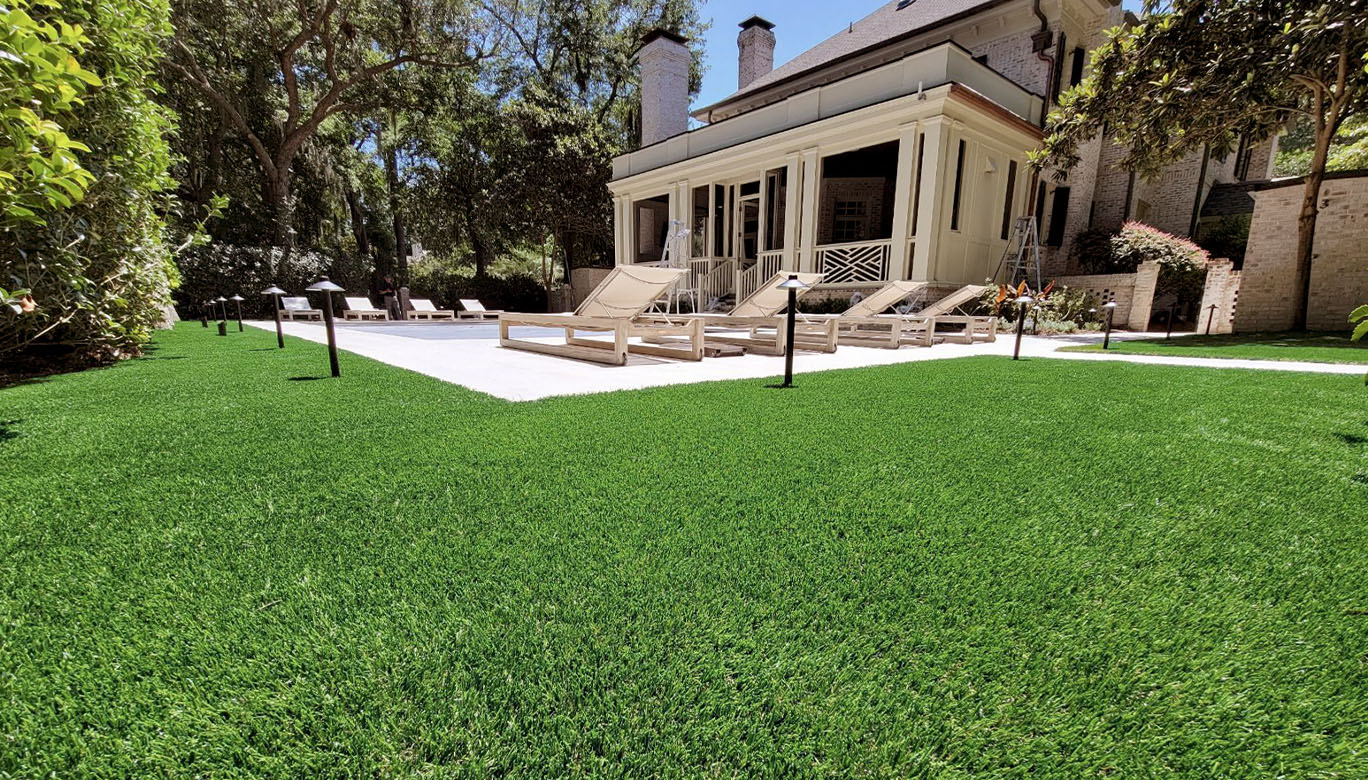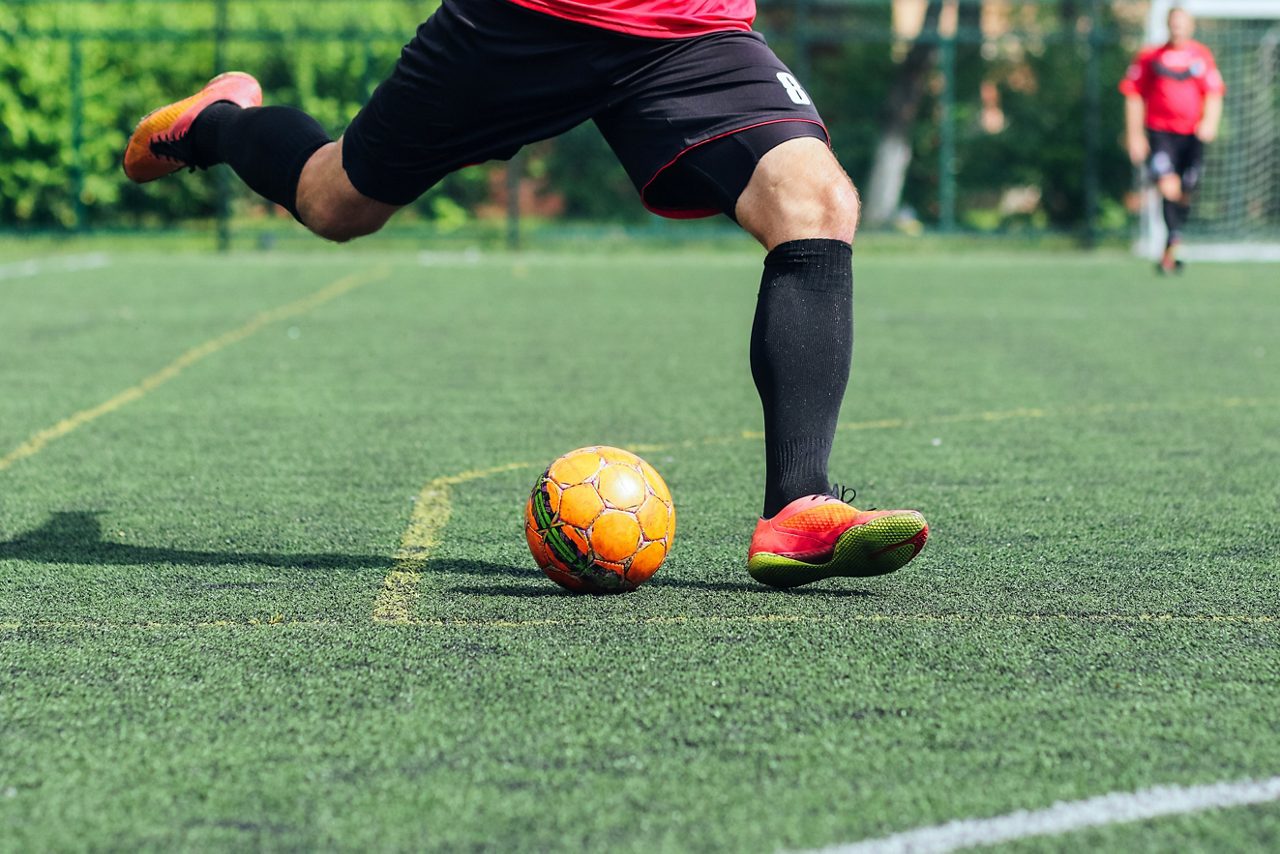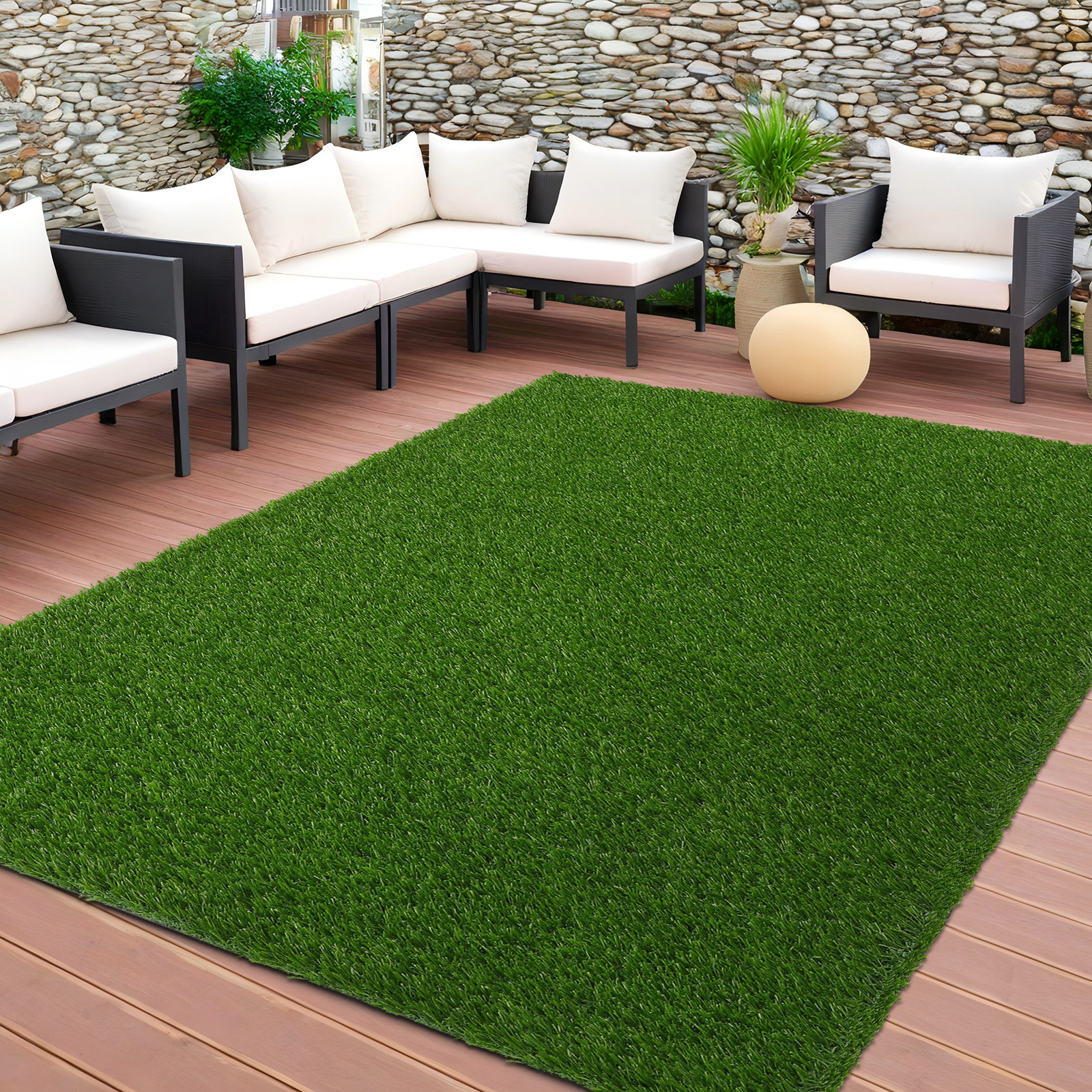Budget-Friendly Turf Installation Phoenix AZ for a Hassle-Free Lawn Option
Budget-Friendly Turf Installation Phoenix AZ for a Hassle-Free Lawn Option
Blog Article
Look Into the Environmental Perks of Opting for Synthetic Grass Solutions
The adoption of synthetic grass remedies offers an engaging possibility to attend to pressing ecological obstacles. By considerably decreasing water usage and decreasing the application of damaging chemicals, these options not just advertise sustainable landscaping yet additionally shield neighborhood environments. The lower carbon footprint associated with reduced maintenance activities contributes to an extra lasting technique to land administration. Nonetheless, the implications of these advantages prolong past mere conservation efforts, questioning about their long-lasting effect on habitat conservation and total eco-friendly balance. Discovering these measurements reveals a complex interaction worth considering.
Water Conservation Benefits
Among the most considerable benefits of synthetic grass is its capability to conserve water. Traditional grass lawns require significant irrigation, especially in areas susceptible to dry spell or water constraints. On the other hand, synthetic grass does not need watering, dramatically minimizing the general need for water resources. This attribute is especially helpful in deserts where water deficiency is a pushing concern.
By removing the need for regular watering, synthetic lawn contributes to lasting landscape methods and helps mitigate the ecological effect of too much water consumption. The preservation of water expands to the reduction of overflow, which can lead to dirt erosion and river contamination.
Additionally, the setup of man-made lawn enables towns and house owners to assign water resources extra efficiently, concentrating on vital uses such as alcohol consumption water and farming. The shift towards synthetic grass not only promotes liable water usage but likewise lines up with more comprehensive environmental goals targeted at preserving natural sources.
As areas progressively prioritize sustainability, the water conservation benefits of synthetic grass provide a compelling situation for its fostering in commercial and household landscape design tasks.
Lowered Chemical Usage
The shift to synthetic grass dramatically reduces the dependence on chemical therapies frequently utilized in all-natural lawn upkeep. Standard turf administration generally involves the application of chemicals, plant foods, and herbicides to advertise development and control bugs. These chemicals can position risks to human wellness, regional wild animals, and the setting, contributing to dirt and water contamination.
In contrast, synthetic lawn gets rid of the need for these unsafe compounds. By reducing the release of artificial compounds into the ecosystem, man-made turf promotes healthier dirt and water systems.
Furthermore, the lack of chemical overflow related to man-made grass installations helps secure neighborhood rivers from air pollution, sustaining water life and preserving biodiversity. Phoenix turf companies. As areas progressively focus on sustainable techniques, deciding for artificial grass provides a practical solution that lines up with environmental conservation goals. Via this change, homeowner can take pleasure in lush green areas without jeopardizing eco-friendly health and wellness, paving the method for a more lasting future
Reduced Carbon Impact

Additionally, the setup of artificial grass can cause significant water preservation. All-natural lawns require considerable quantities of water for watering, which not just contributes to the carbon impact related to water removal and therapy but likewise pressures browse around this web-site neighborhood water sources. On the other hand, man-made grass requires very little maintenance, needing no watering, thereby dramatically decreasing water use and its associated power expenses.
Additionally, the durability of fabricated grass adds to its reduced carbon impact. With a life-span of as much as 15 years or even more, the demand for regular substitutes is decreased, resulting in much less waste and lower energy usage in production and throwing away standard lawn choices. In general, synthetic grass offers a sustainable alternative for environmentally aware landscaping.
Habitat Preservation
Habitat preservation is a vital consideration in the debate over landscaping options, specifically when comparing synthetic lawn to all-natural turf. Natural turf yards frequently need considerable maintenance, consisting of using plant foods, herbicides, and chemicals, which can detrimentally impact local communities. These chemicals can leach into the dirt and waterways, harming native flora and animals and disrupting regional environments.
In contrast, fabricated turf provides a chance to reduce the eco-friendly footprint of landscaping. By selecting artificial yard, home owners can decrease the disturbance of all-natural habitats associated with typical grass care techniques. Synthetic grass gets rid of the requirement for harmful chemicals, therefore shielding neighboring wildlife and preserving the honesty of surrounding ecosystems. Additionally, the installment of synthetic grass can result in the conversion of former turf locations right into more biodiverse landscapes, such as pollinator yards or indigenous plant areas, which can support neighborhood wildlife.
Ultimately, the change to synthetic grass not just conserves water and minimizes upkeep initiatives but likewise cultivates a much more unified partnership between human activities and the natural go to the website surroundings, advertising habitat preservation at the same time.
Long-Term Sustainability
Long-lasting sustainability is a critical aspect in assessing the benefits of artificial grass over standard yard lawns. Among the most significant benefits of artificial turf is its durability; it can last as much as 15-20 years with minimal maintenance, whereas natural grass calls for regular reseeding and replacement. This durability reduces the need for consistent sources, such as water, fertilizers, and pesticides, which are vital for maintaining a healthy yard lawn.
Additionally, synthetic lawn adds to a decrease in carbon emissions related to yard treatment devices. Traditional grass frequently require gas-powered lawn mowers, leaners, and blowers, every one of which add to air contamination. Phoenix turf companies. In contrast, man-made grass removes the requirement for such equipment, promoting a cleaner setting
Furthermore, the manufacturing of synthetic grass progressively makes use of recycled products, improving its sustainability account. As suppliers embrace green practices, the ecological footprint of synthetic grass remains to decrease.

Conclusion
The adoption of synthetic grass options offers substantial environmental advantages, including significant water conservation, decreased dependence on hazardous chemicals, and a lower carbon footprint. Fabricated grass aids in maintaining all-natural environments by lessening land disruption and advertising long-term sustainability with the use of long lasting materials. Collectively, these variables emphasize the capacity of fabricated lawn to add positively to ecological health and provide a practical option to typical landscaping techniques in a significantly this resource-conscious globe.
In contrast, artificial lawn does not need watering, considerably reducing the total demand for water sources. By minimizing the release of synthetic compounds into the ecological community, fabricated lawn promotes healthier dirt and water systems.
Moreover, the installment of fabricated turf can result in considerable water conservation. In comparison, fabricated turf requires very little upkeep, requiring no watering, thus substantially lowering water usage and its linked power expenses.

Report this page